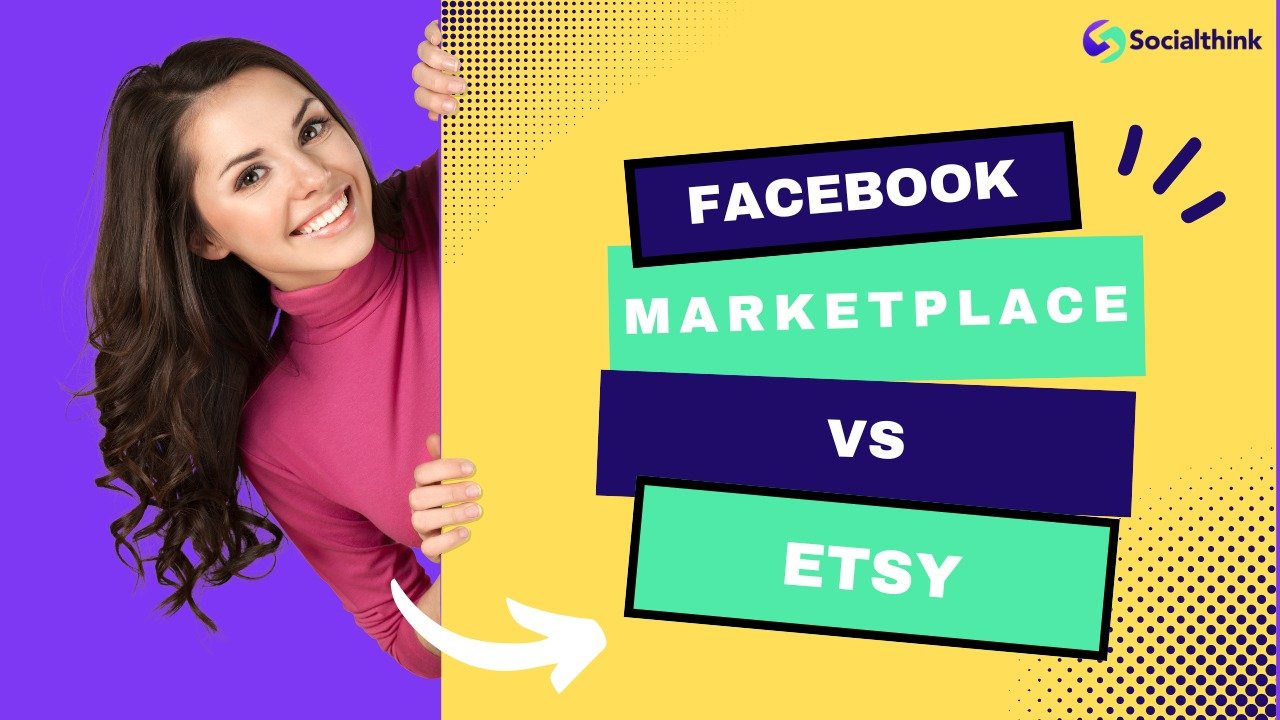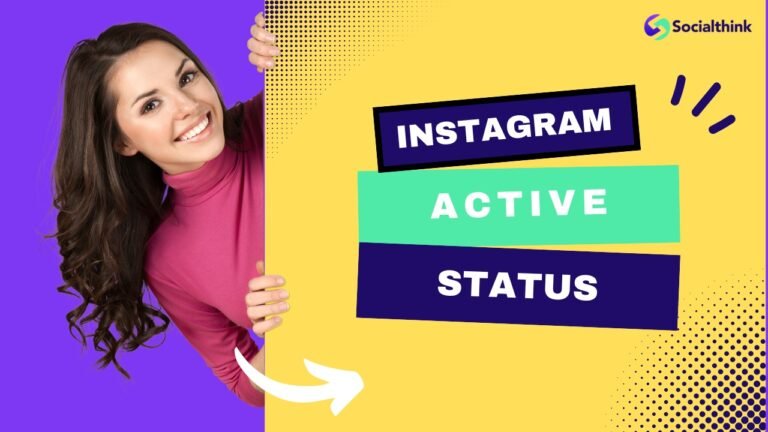Facebook Marketplace Vs Etsy: A Detailed Comparison
As a small business owner looking to expand your online sales, you’ve likely considered selling on Etsy, Facebook Marketplace, or both. Choosing the right platform is important for reaching your target customers and growing your business.
At Social Think, we specialize in social media strategy and analytics to help businesses like yours make data-driven decisions.
In this article, we’ll compare Etsy and Facebook Marketplace, analyzing their pros, cons, fees, shipping costs and best practices to help you determine which platform best fits your needs.
The Basics of Etsy and Facebook Marketplace
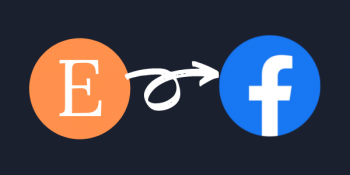
What is Etsy?
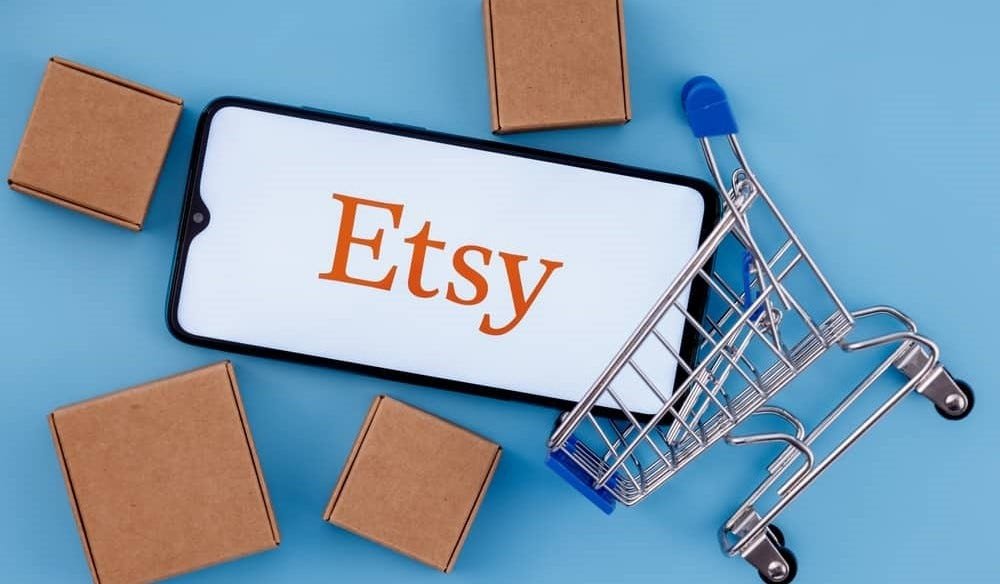
Etsy is an online marketplace known for unique, handmade, and vintage items. It has a large, engaged customer base actively seeking one-of-a-kind products. Etsy provides tools to create a customizable online store, manage orders, and process payments.
What is Facebook Marketplace?
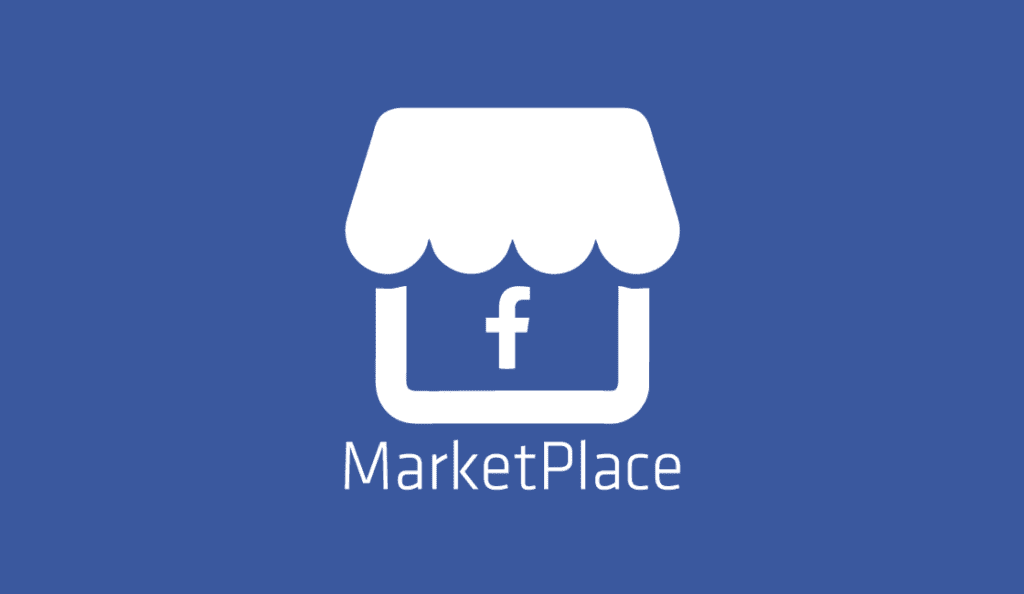
Facebook Marketplace is a feature within the Facebook app and website that allows users to buy and sell items locally. It leverages Facebook’s vast user base, providing exposure to a large audience. Transactions occur directly between buyers and sellers, either through shipping or local pickup.
Upon finishing the registration process for an account, sellers have the option to upload photos of the item, include a description, and set a pricing. Additionally, they have the choice to enhance the visibility of their listings by using paid Facebook Marketplace ads.
Facebook Marketplace Vs Etsy
While both platforms facilitate online sales, they cater to different seller and buyer needs:
- Product Focus: Etsy specializes in handmade, unique, and vintage items, while Facebook Marketplace has a wider variety of products, including mass-produced items.
- Buyer Intent: Etsy buyers are often searching for specific, unique items. Facebook Marketplace attracts a mix of browsers and buyers looking for local deals.
- Seller Tools: Etsy provides robust tools for creating an online store and managing orders. Facebook Marketplace relies on Facebook’s messaging system for buyer-seller communication.
Pros & Cons
Etsy and Facebook Marketplace have their own pros and cons. Let’s take a closer look at the advantages and disadvantages of each platform.
Etsy Pros
- Access to a large customer base specifically seeking unique products
- Robust seller tools for creating an online store and managing orders
- Strong brand recognition as a destination for special items
Etsy Cons
- Fees for listing items, transactions, and payment processing
- Competition from other sellers offering similar products
- Less control over branding and customer experience compared to a standalone website
Facebook Marketplace Pros
- Large potential audience, as most Facebook users have access to Marketplace
- No listing or transaction fees (for most items)
- Easy to get started with an existing Facebook account
Facebook Marketplace Cons
- Limited branding and customization options for sellers
- Buyer intent may vary, with some users simply browsing
- Potential for scams or unreliable buyers/sellers
Comparison of Fees
Etsy Fees
- Listing fee: $0.20 per item on your etsy shop (flat fee)
- Transaction fee: 6.5% of the item price (including shipping)
- Payment processing fee: 3% + $0.25 per transaction
- Offsite ads fee: 12-15% for sales attributed to Etsy’s offsite ads
Facebook Marketplace Fees
- No listing or transaction fees for most items
- Selling fee for vehicles: $0.40 for items $8 or less, 5% for items over $8
- Potential payment processing fees, depending on the payment method used
Best Practices For Selling

On Etsy
- Optimize your shop and listings for Etsy search
- Use high-quality photos and detailed descriptions
- Offer competitive shipping options
- Provide excellent customer service
- Promote your shop through social media and email marketing
On Facebook Marketplace
- Use clear, attractive photos and descriptive titles
- Respond promptly to buyer inquiries
- Set clear expectations for shipping or local pickup
- Build trust by transparency and communication with your followers.
- Promote your listings on your Facebook business page
Etsy Vs Facebook Marketplace: Which Platform is Better For Your Business?
The best platform for your business depends on your products, target audience, and selling goals.
Etsy may be better suited for unique, handmade, or vintage items and sellers looking for an established marketplace in a specific niche.
Facebook Marketplace, on the other hand, may work well for sellers looking to reach a local audience or sell a wider variety of products, including new products, without incurring listing fees.
Crossposting: Using Both Platforms

Crossposting refers to the practice of listing your products on multiple online platforms, such as Etsy and Facebook Marketplace.
Crossposting allows sellers to use the advantages of both platforms and broaden their audience reach, which can greatly benefit small businesses aiming to boost their online visibility and enhance their sales prospects.
However, it’s important to note that crossposting does require additional effort in terms of managing listings, inventory, and communication with customers. It’s important to stay organized and keep track of your listings and sales on each platform.
Using ecommerce tools and analytics can help you streamline your crossposting strategy and measure the success of your listings on different platforms and search results.
Benefits of Crossposting
Crossposting your products on both Etsy and Facebook Marketplace offers several benefits for your business:
- Reach a wider audience by tapping into both Etsy and Facebook’s user bases
- Test which platform performs better for your products
- Diversify your sales channels to reduce risk
Tools For Crossposting
- Use inventory management software to sync your products across platforms
- Consider social media scheduling tools to promote your listings on both Etsy and Facebook
- Utilize Facebook’s integration with Instagram and Facebook Shops to expand your reach
Managing Inventory Across Platforms
- Keep accurate records of your inventory levels
- Update quantities promptly after each sale
- Consider setting aside specific inventory for each platform to avoid overselling
FAQ’s:
Which Platform is Better For Beginners?
Facebook Marketplace may be easier for beginners due to its simplicity and lack of listing fees. However, Etsy’s seller tools and education resources can help new sellers get started.
Can I Use Both Etsy and Facebook Marketplace to Sell My Products?
Yes, many sellers choose to crosspost their products on both platforms to reach a wider audience. Just be sure to manage your inventory carefully to avoid overselling.
How to Get Started Selling on Each Platform?
To start selling on Etsy, create an Etsy account, set up your shop, and start listing products. For Facebook Marketplace, list items using your personal Facebook account or create a Facebook business page for your brand.
What Are The Customer Service Differences Between Etsy and Facebook Marketplace?
Etsy has a more structured system for customer service, with built-in tools for managing orders and communicating with buyers. On Facebook Marketplace, communication occurs through Facebook Messenger, and sellers are responsible for handling customer inquiries and issues.
Which Platform Offers Better Visibility For Handmade or Unique Products: Etsy or Facebook Marketplace?
Etsy is known for its focus on handmade, vintage, and unique items, so it may provide better visibility for these types of products. However, Facebook Marketplace’s large user base can also offer exposure to potential customers.
How Does The Seller Experience Differ Between Etsy and Facebook Marketplace?
Etsy provides a more comprehensive seller experience, with tools for creating a branded online store, managing orders, and processing payments. Facebook Marketplace is more straightforward, with a focus on individual listings and direct communication between buyers and sellers.
Conclusion
Choosing between Etsy and Facebook Marketplace ultimately depends on your unique business needs and goals.
To make an informed decision and create a successful strategy, it is important to comprehend the strengths and weaknesses of each platform. Also make sure to have a look at other platforms like amazon marketplace, shopify, craigslist and poshmark. They can help you diversify your online business by giving you a larger audience and not being reliant on a single platform on the internet.
Remember, you don’t have to limit yourself to just one platform – many successful sellers leverage both Etsy and Facebook Marketplace to maximize their online sales potential.
At Social Think, we’re committed to helping businesses like yours succeed in the ever-evolving world of e-commerce and social media.
Our expertise in social media strategy and analytics can help you optimize your presence on Etsy, Facebook Marketplace, and beyond. Contact us today to learn more about how we can help you achieve your online sales goals.

